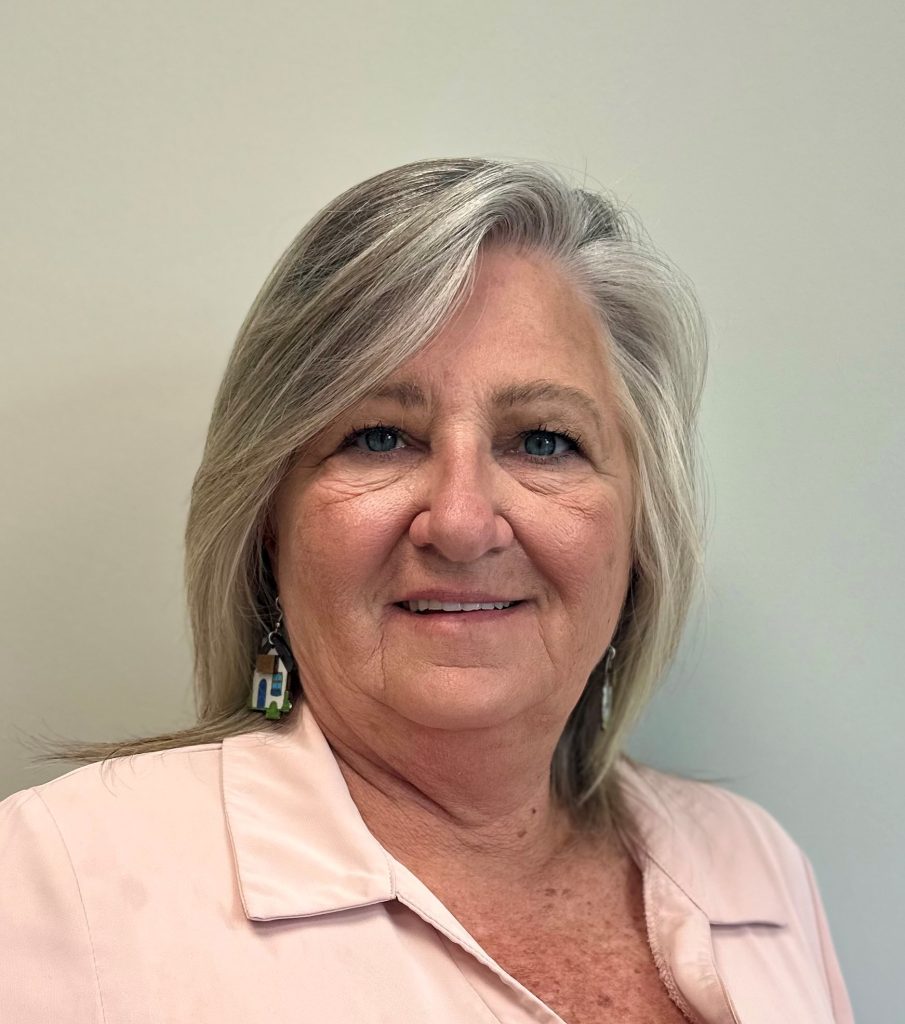As we honor Fair Housing month, it is imperative to drive conversations toward understanding what might be contributing to the wealth and homeownership gap. Tangible solutions that ensure fair and accessible housing to all require agents and consumers alike to take action and seek to understand one another.
This week, we connected with Cindy Hanson, broker-owner of Coldwell Banker CK Select, about her experiences as a leader of a diverse brokerage on improving real estate practices and systems to promote equitable homeownership through diversity and inclusion.

How has fair housing progressed over the past few years?
Hanson: The conversation surrounding this topic has evolved tremendously. Throughout the years we have seen a significant shift in the willingness to discuss housing equity, in addition to recognizing the practices and circumstances that contribute to this problem. As real estate agents, we have become more aware of the gravity of housing inequality. We now understand that we must hold ourselves and our clients accountable for the role we may play in housing discrimination because this is an act that goes beyond personal preferences and can be punishable by federal law.
There’s still much work needed to reach the goal, however our ongoing efforts are bringing us closer to achieving fair housing for all. For example, the Fairhaven fair housing simulator is an exemplary tool designed to help real estate professionals work through identifying, preventing and addressing discriminatory practices in real estate. This tool designs scenarios based on real stories in which agents are working in a fictional town, where they are tasked with confronting discrimination in the homebuying process as well as taking on the role of the homebuyer facing discrimination. Trainees also receive customized feedback to apply to real-life business interactions. I have encouraged my agents and other agents to take full advantage of this service because it’s a great exercise in checking biases that we’re not aware of and thinking critically about ways we can make improvements to these sentiments.
What has been your personal experience been when advocating for fair housing?
Hanson: I am very passionate about fair housing. I currently serve as a committee member of the fair housing board for the town of Concord where I am able to hear directly from those affected by things like food deserts and housing affordability while working to develop solutions for these issues within my community.
There have been a few instances in my career in which I have witnessed shocking examples of housing bias and discrimination. For example, in the past, our brokerage has often hosted giveaways and offered free items to welcome clients and entice potential homebuyers. In this instance, we included $250 worth of free tacos with the purchase of a house, because who doesn’t like tacos? I received phone calls from people in the neighborhood who were unhappy with the offer because they believed it was attracting the “wrong” people to their neighborhood. My response: “What’s wrong with people who like tacos?”
Additionally, a buyer who purchased a condo about six months ago recently contacted me with complaints. She was upset that her agent did not knock on the doors in the condominium complex to report to her on what “type” of neighbors she had. I assured her that we’re not going to go out in the neighborhood and make any judgments on what the neighborhood is like. If my agent were to do anything of the sort, not only would she be terminated but I would turn her in to the Office of Fair Housing and Equal Opportunity (FHEO) at the Department of Housing and Urban Development (HUD). That is an obvious fair housing violation that could result in fines and lawsuits. Unfortunately, these are things we see often as agents.
What still needs to be done to create equal housing opportunities for all?
Hanson: I believe we need to acknowledge that in the quest for affordable housing, education is a huge piece of this puzzle. In today’s climate, the price of housing has outpaced salaries and impacted American’s ability to afford housing.
Many people view affordable housing in a negative light. Many people claim to be advocates while also expressing the desire to be far removed from the people and the communities who benefit from affordable housing the most. To some, formal affordable housing is good as long as it’s “not in their neighborhood.” Being better educated on this issue would go a long way to help provide support and empathy for people who are at risk of housing insecurity and allow them equal access to homeownership in the community.
A huge element in fair housing is making sure it’s affordable to people through resources like down payment assistance while also recognizing that this is not reflective on a person’s character. The key to moving forward is practicing empathy and extending a helping hand where needed without judgement.
How do inclusion and representation impact fair housing?
Hanson: I think it’s important to make sure that everyone is included and has a voice and to continue to advocate for non-discriminatory practices. This can be done by providing proper representation of those affected most and putting them in the right positions to be heard and validated. Having that voice at the table will help us to better serve marginalized communities as real estate agents.
Ongoing Advocacy
Hanson’s insights have served as an invaluable piece of the conversation, as we continue to celebrate Fair Housing Month and what it means to be an active ally in one’s community and advocate for equal opportunities for all. Stay tuned for next week’s Blue Matter blog to hear from Sharon McLennon, real estate broker of Coldwell Banker Splendor Realtor, on being a pillar of change in the fight for housing equality.






